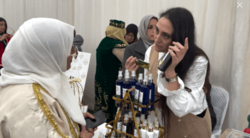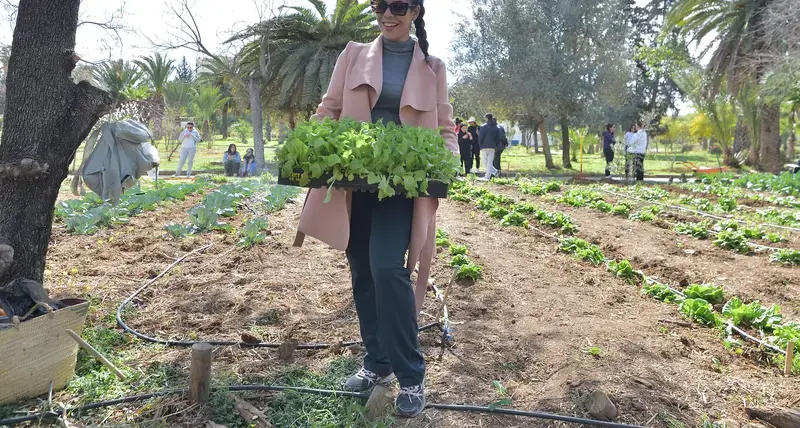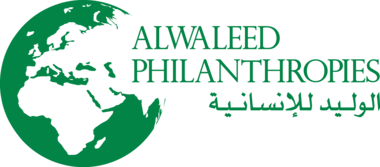A Host Country Agreement to establish an office of UN-Habitat in Tunisia was signed on 16 May 2017 between UN-Habitat and the Government of Tunisia.
Notwithstanding, the entry into force of the Agreement is pending its ratification by the Tunisian Parliament. UN-Habitat has in 2018 supported the municipality of Djerba Midoun in transforming an open Municipal land, that used to be a spot for juvenile delinquency and a waste deposit into a safe public space with recreational and meeting facilities that will enhance community cohesion, promote social interaction and inclusion as well as the well-being of the residents of the targeted area.
UN-Habitat is also supporting the Tunisian Government with the development of a National Urban Policy, a common vision guiding the sustainable growth and management of cities and promoting productive, inclusive and resilient urban development for the long term.
Impact
Urban numbers
Challenges
With an urban population that accounts for 69% of the total population and is growing by 1.5% annually, Tunisia is one of the most urbanized countries in North Africa and the Arab region. The urban spread is located all along the coast, near large agglomerations such as Tunis and Sousse. This growth, mainly generated by the economic activities and job offers concentrated in these areas, is leaving the southern and western areas with less diverse economies behind. The disparity in standards of living and well-being is also clear between rural and urban areas and within urban zones. In terms of basic infrastructures, coverage is nearly total in coastal areas but still requires substantial investments in central and southern areas. Thus, the northern and western coasts have been the destination for rural-to-urban migration for decades, swelling the outlying areas around large cities and causing disproportionate land consumption. Since the 2011 revolution, these regional imbalances and inequalities of opportunity have intensified under the effect of the country’s economic slowdown and its devastating socioeconomic consequences.
<iframe src="https://www.google.com/maps/d/embed?mid=1ebJ08BjQzH3DjExa3YjV22w3RpFnoqc&ehbc=2E312F&noprof=1" width="640" height="480"></iframe>
Country Beneficiaries

"Thanks to the training I received I acquired the skills to elegantly package and effectively promote my product. Fortunately, the fair provided us with this crucial opportunity."
Hajer Mrabet, an artisan woman, Beni Khalled, Tunisia
Donors and partners

UN-Habitat identifies and mobilizes local authorities and NGOs to ensure the ownership of the actions implemented in the country, their success, and sustainability. The recently inaugurated public space involved.
UN-Habitat engages also local communities in the design and upgrading of public space initiatives to ensure that their needs are well reflected.
Donors
Contact
Legacy content
UN-Habitat Projects in Tunisia
Sharing Opportunities for Low carbon Urban transportation (SOLUTIONS)
- Duration: July 2013 – July 2016
- Value: US$ 130,171
- Donor: Wuppertal Institut Fur Klima/ Umwelt/ Energie GMBH
- Implementing Partners: Mobili-T Tunisia



